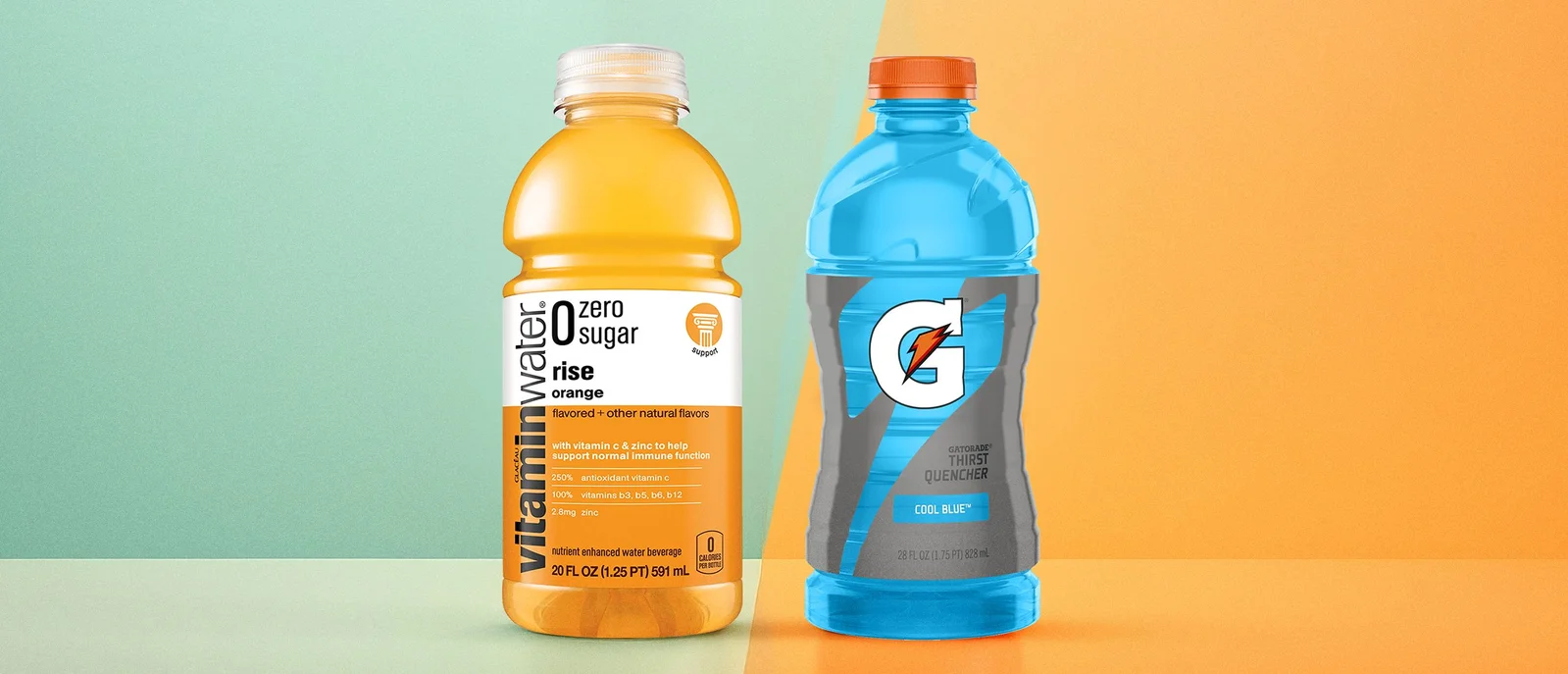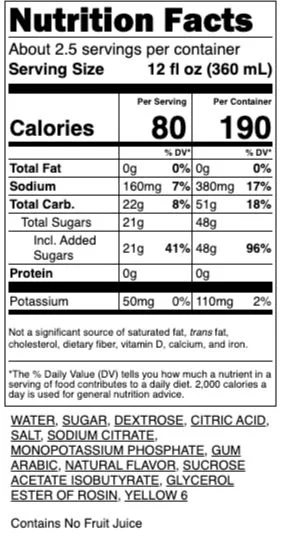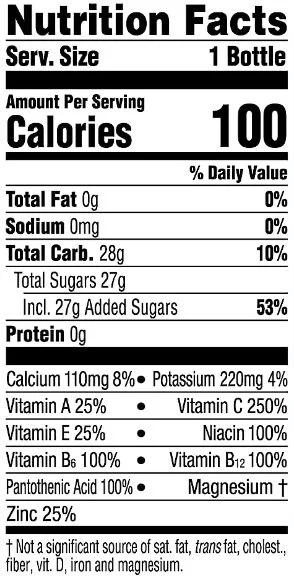You would think that the most popular drinks out there that are designed to help athletes recover would be the best alternatives, right? Especially for those looking for the highest quality, natural options.
Unfortunately, that’s not necessarily the case. Most sports drinks you’ll find in the grocery store have additives such as artificial flavors, artificial dyes, and sugars that may not fit your health goals.
When choosing between Gatorade and Vitaminwater (or any other sports drinks) you’ll have to make some serious considerations about which ingredients would have the best impact on your health. In fact, once you know what’s in your favorite sports drinks, you may want to limit them.





